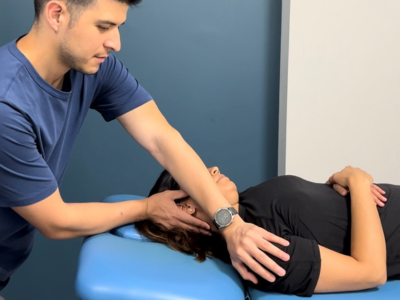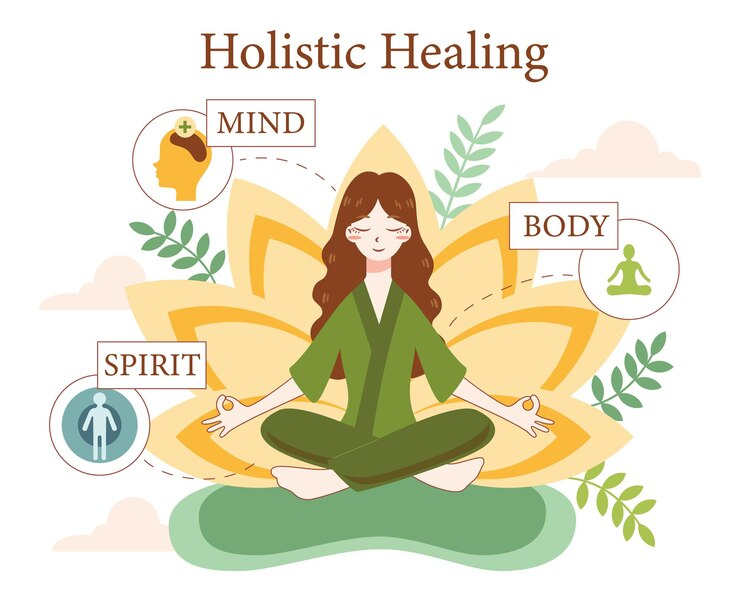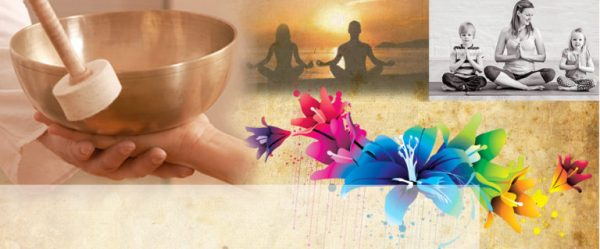Discover Your Perfect Healer Today!
Our online practitioner directory connects you with a wide range of healers to suit your unique needs.
Easily search and find the right professional to support your wellness journey.
Start exploring today to find your perfect match.
Modality
Disease
Books
Products
Events
Training
Blogs
Osteopath
Expert Tips: Maximizing Osteopathy’s Healing Potential
Looking for treatment outside of conventional medicine, patients now hold a bias for structural healing of various medical conditions. At the centerpiece of this practice, ...
Read More → Written by
David Brown
Holistic Health
Holistic Health: Ancient Wisdom in Modern Practices
Holistic wellness – healing of the body and mind, and products associated with it are extremely popular and likely to remain so worldwide. However, it ...
Read More → Written by
Michael Johnson
Chinese Medicine
Unlocking Liver-Eye Health in Chinese Medicine
Chinese medicine is a complete system of healthcare that recognizes the relationship between the different parts of the body. It is important to know how ...
Read More → Written by
John Smith
Sound Healing
Getting Started with Sound Healing: A Beginner’s Guide
Sound healing has managed to get the attention of many people searching for integrative solutions for health and healing for both the body and the ...
Read More → Written by
Michael Johnson
Dietician
Steps to Becoming a Dietitian Practitioner: A Comprehensive Guide
Self-education, practice, and professional certification make the process a journey worth undertaking. Their most troubling concerns in relation to the process are some of the ...
Read More → Written by
John Smith
Carnial Sacral Therapy
Craniosacral Therapy: Suitability & Exclusions
Cranial sacral therapy (CST) is a light touch hands-on method of enhancing the function of the craniosacral system, which includes the membranes and cerebrospinal fluid ...
Read More → Written by
David Brown






